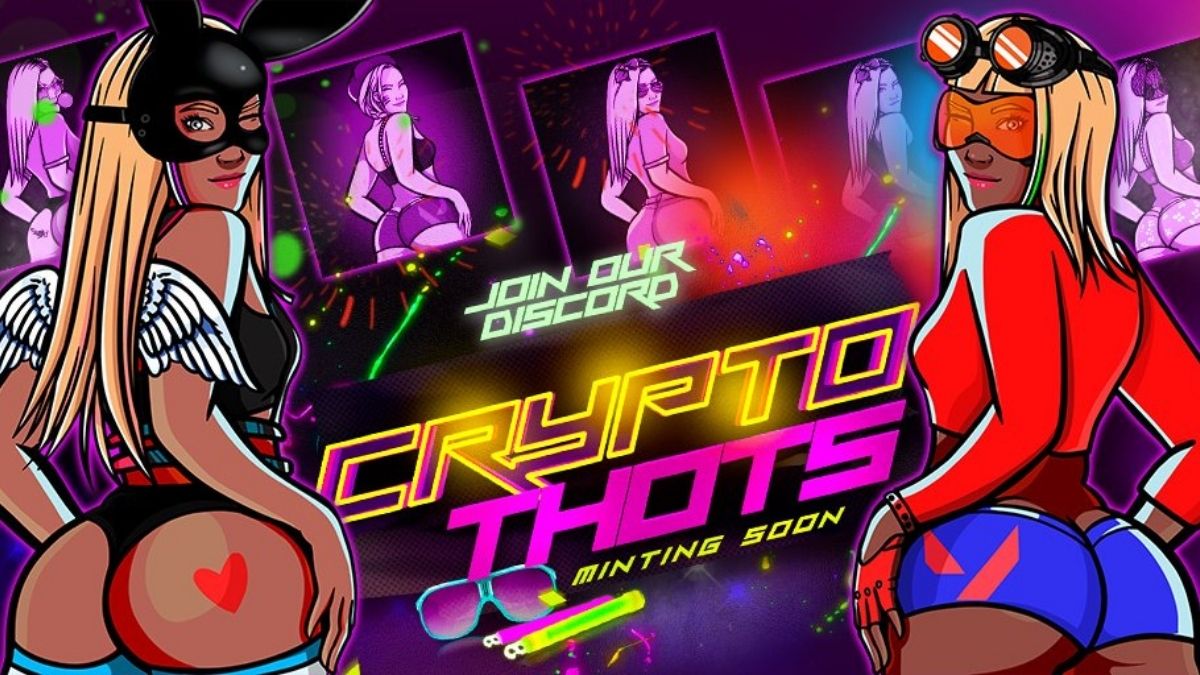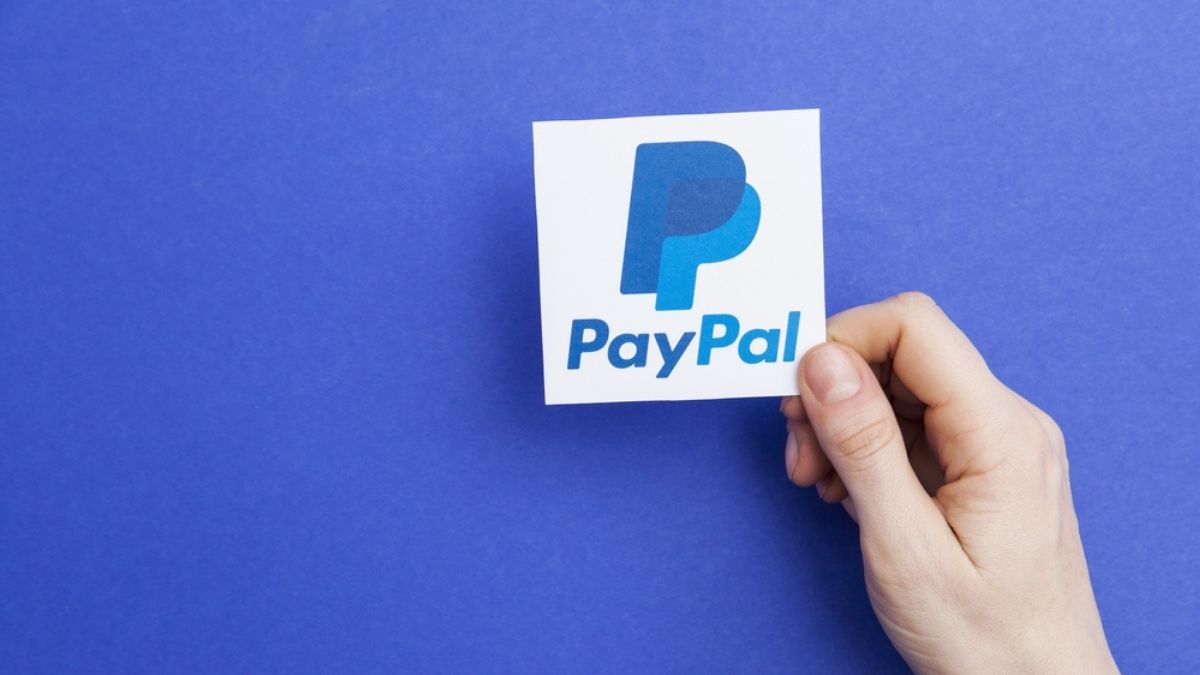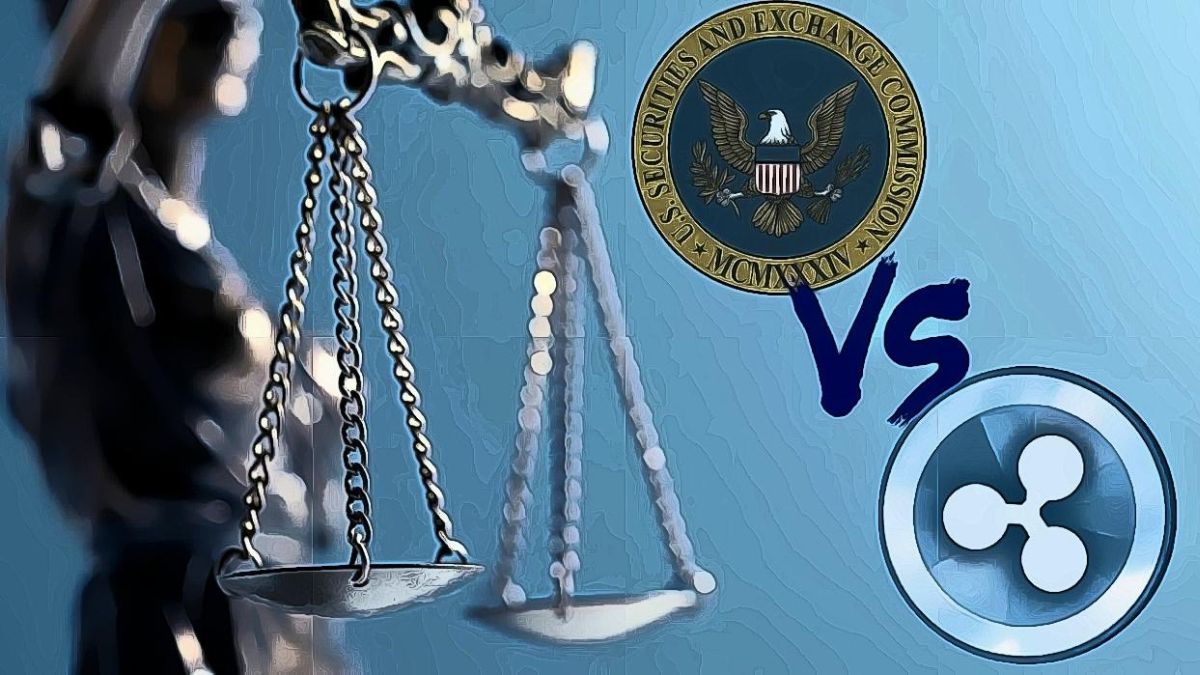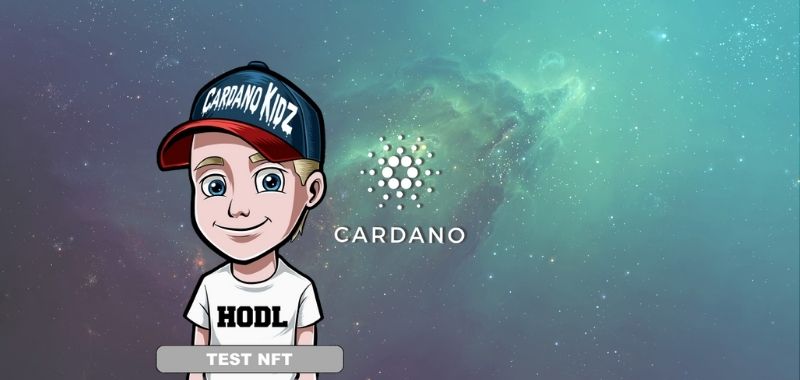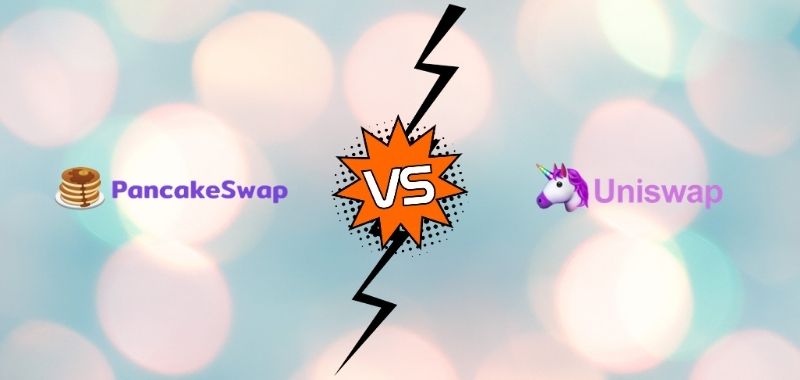DeFi News
NFTX: A community-owned protocol for NFT index funds on Ethereum
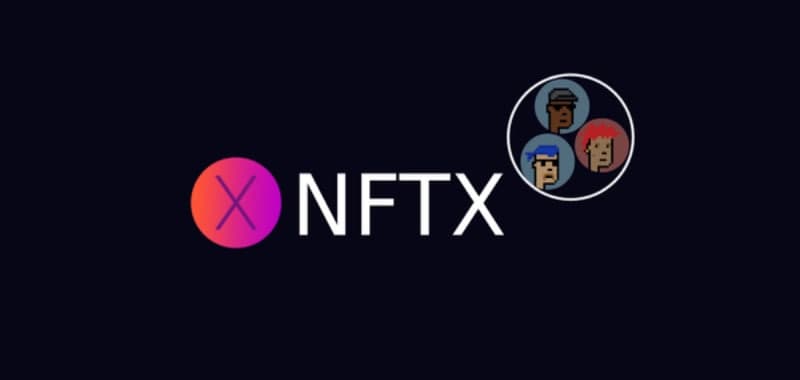
If 2020 was the year of decentralized finance (DeFi), 2021 will almost certainly be the year when we will see the explosion in the use and trading of NFTs, i.e. non-fungible tokens. NFTs have been around for a while now but have taken off during this latest bull run, thanks to several portals that allow for their creation and trading such as Rarible, OpenSea and highly anticipated upcoming projects such as SuperFarm and others. Today we are going to talk about a recently launched product designed for NFTs: NFTX.
What is NFTX
NFTX is an innovative platform that allows the creation of ERC20 tokens pegged to NFT tokens (a bit like wbtc and renbtc do with bitcoin, as they create an erc20 bitcoin pegged to the real bitcoin) and NFT indexes that contain several tokens in one place. Let’s see if we can understand it better! Basically, with NFTX we will be able to create or exchange NFT indexes of our choice, adding NFTs that we want and creating original collections like CryptoPunks, Axies, CryptoKitties and so on. But it doesn’t end there! Since these NFT collections or single NFTs can be exported in ERC20 version, all these NFTs will then be exchangeable on decentralized exchanges like the unstoppable Uniswap!
The usefulness of NFTX. For those who do not understand much about NFTs, it is enough to specify that these tokens are not using the ERC20 standard but the ERC-721 one and often it is more difficult to find them on etherscan or in your wallet. It is also impossible to exchange them on the various DEXs (and for this reason special exchanges are created, such as OpenSea). With NFTX this problem vanishes and the use of NFTs becomes easier even for less experienced users. Whereas in the second case, referring to NFT indexes, it will be possible to be exposed to different NFT investments without buying one by one. A bit like INDEXs in the stock exchange or crypto Index. It is sufficient to buy the desired index to have a small part of several NFTs.
Those who create these NFT funds are able to set different settings and parameters, such as Fee, incentives and so on. A great feature for NFT collectors and to facilitate the use of these non-fungible tokens (because let’s face it, NFTs at the moment are not for everyone…). The NFTX project also has its own token, which is named the same way.
The NFTX Token

The NFTX project is a DAO governed by the NFTX token. The maximum supply of the token is 650,000 units divided as follows:
- 10% for Founders with a vesting of as much as 5 years
- 30% for NFT contributions
- 30% for ETH contributions
- 10% to provide liquidity for NFTX
- 20% for farming.
The token holders will decide the fate of the project, proposing changes whenever they want. To pass though, a proposal must have at least 80% of the available votes in 24 hours. This is necessary to make proposals fast and avoid attacks on the system. There are plans to lower this threshold in the future, but at this early stage of the project it was really necessary.
Going back to the token, on CoinGecko we can see that the price at the moment is $185 per token, with a current marketcap of about 80 million (fully diluted 120 million). The lowest price was only 16 dollars on January 5th, 2021, while the highest price was touched yesterday, reaching $197 dollars. Since NFTs are the future of crypto, surely getting exposure to NFTX and other similar tokens is a great idea!
DeFi News
UK updates its tax policies on DeFI and Staking loans

The UK’s tax authority, Majesty’s Revenue and Customs (HMRC), released an update to its guidance on Wednesday, reported Bloomberg.
The new policy provides a series of “guiding principles” that act as general guidance in determining whether DeFi-related return or participation should be classified as income or capital gain.
How loan returns or staking is taxed depends on whether it is considered capital or income, however determining this can be a complex task. In the post, the HMRC admitted about this difficulty:
Token lending/staking via Decentralized Finance (DeFi) is a constantly evolving area, so it is not possible to establish all the circumstances in which a lender/liquidity provider makes a return on their activities and the nature of that performance. Instead, some guiding principles are established.
New policy to tax DeFi and staking
The latest guide sets out four distinct points designed to make it easier for people to determine the nature of their tax. Firstly, if the return received by the lender or liquidity provider is known “at the time the agreement is made”. If known, it would indicate a revenue receipt, but if unknown, it would indicate a capital receipt.
Second, if the return is realized through the disposal of a capital asset, it qualifies as capital. Conversely, if the borrower, or the DeFi lending platform, pays the yield to the lender/liquidity provider, the yield should be classified as income.
Third, the regulator indicated that lump-sum payments are “more likely” to qualify as principal; while recurring payments are “more likely” to be in the nature of revenue. Finally, the HMRC mentions the loan period as another variable that determines the nature of the repayment, everything will depend on whether it is “fixed or indefinite, short or long term”, he said.
The document presents some examples of how users can determine the nature of their loan return or participation. For example, if the return amount has already been agreed upon, say 5% per annum, it will most likely be a revenue receipt, the regulator said. On the other hand, if the income is “unknown and speculative”, it is probably a capital receipt.
As CoinDesk noted, the new policy is an update to previous guidance that had been published by HMRC in March 2021. According to that document, taxation of staking trades depended on whether the activity amounted to “taxable trading.” The wording closely resembled the established rules for taxing cryptocurrency mining, the outlet adds.
DeFi News
New SEC Definition Includes DeFi Exchanges

The US Securities and Exchange Commission (SEC) is interested in the fact that the definition of a stock market would now be much broader, also encompassing systems that allow buyers and sellers to communicate their interest in trading this type of asset, which which would include decentralized exchanges (DEX) such as Uniswap, PancakeSwap and many others for bringing together this type of people interested in trading digital currencies.
The measure would require platforms that meet these characteristics to register with the US Securities and Exchange Commission as securities brokers, and since decentralized exchanges would not be able to meet the demands required by this type of license, this could imply the imminent cessation of its operations throughout the United States.
More delicate than it seems
Some analysts and enthusiasts express concern about the possible repercussions this could have for the sectors associated with digital currencies.
In this regard, the DeFi sector enthusiast, Gabriel Shapiro, presented an even more delicate panorama for this type of exchange, since such a definition could also address even block explorers, such as Etherscan, precisely because they allow users to users interact with smart contracts to communicate business interests.
In this sense, it highlights that all this can be interpreted as a restriction on freedom of expression, for which it would be completely unconstitutional.
From a regulatory point of view, the SEC commissioner, Hester Peirce, also expressed her concerns and echoed some aspects mentioned above, placing special emphasis on the broad and diffuse nature of the changes proposed by the entity, which even go far beyond the scope and jurisdiction of the regulatory body.
On the other hand, Peirce criticized the fact that the interested community has very little time to read, understand and consider the proposal, which is not consistent with the implications it could have, since it would be making changes to an ecosystem that moves thousands of million dollars, which it could harm in unforeseen ways.
DeFi News
Uniswap exceeds US$500 billion in traded volume since its launch
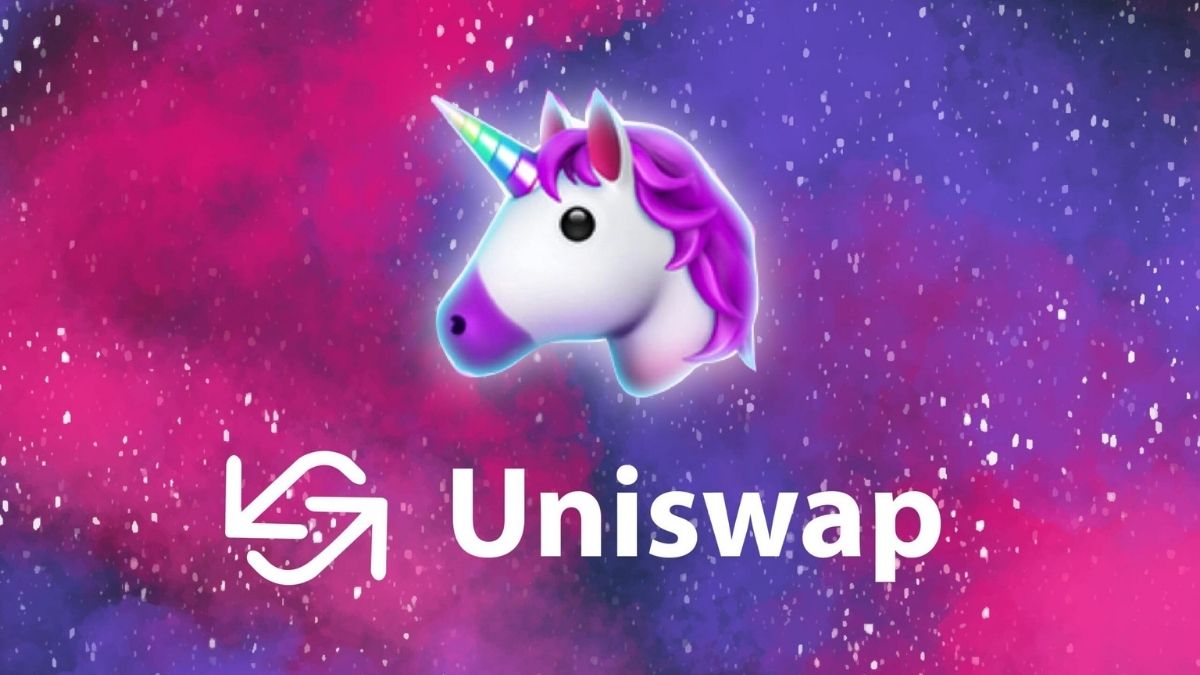
One of the best-known decentralized exchanges in the cryptocurrency market has just passed the US$500 billion transacted mark.
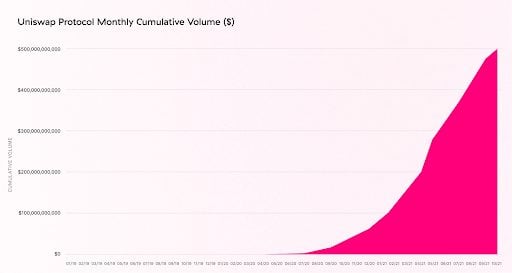
“We’re proud of the magnitude of this number, but we’re even happier knowing that millions of users have had direct access to markets they could trust were operating in their best interest.” – stated Uniswap Labs on Twitter.
About 2 billion of this volume was thanks to two scalability solutions integrated into the project:
“⚡️ $2 billion of this volume was contributed by @arbitrum and @optimismPBC deployments, which are starting to see significant traction!” – said Uniswap Labs.
Uniswap was created in November 2018, but it was conceived in 2016 by Vitalik Buterin (creator of Ethereum). With support from the Ethereum Foundation, programmer Hayden Adams made the idea come true.
Since then, the broker has not stopped growing and its UNI token is already worth 14.35 billion dollars.
With Uniswap, anyone can be an arbitrator between tokens using the blockchain, which narrows the price gap in small markets and gives incentives to balance asset prices using blockchain and centralized brokerages.
Currently, UNI is traded in several brokers in EEUU and around the world, such as Coinbase, Bitfinex and Binance US.
“We are so grateful to be together on this journey with our incredible community, and we can’t wait to hit the $1tn mark.”
-
Opinion2 years ago
XRP: FOX Business Senior Correspondent Says SEC Is Losing Its Lawsuit Against Ripple
-
Tutorials3 years ago
How to Earn, Farm and Stake CAKE on PancakeSwap with Trust Wallet
-
Altcoins News3 years ago
Projects with ongoing migration from Ethereum to Cardano
-
NFT3 years ago
CardanoKidz: The first NFTs arrive at Cardano
-
Tutorials3 years ago
How to set up a Bitcoin node: beginner’s guide
-
NFT3 years ago
SpaceBudz: new astronaut NFTs on Cardano
-
DeFi News3 years ago
Uniswap vs PancakeSwap: Full analysis
-
DeFi News3 years ago
Liqwid Finance the first DeFi project on Cardano: everything you need to know


